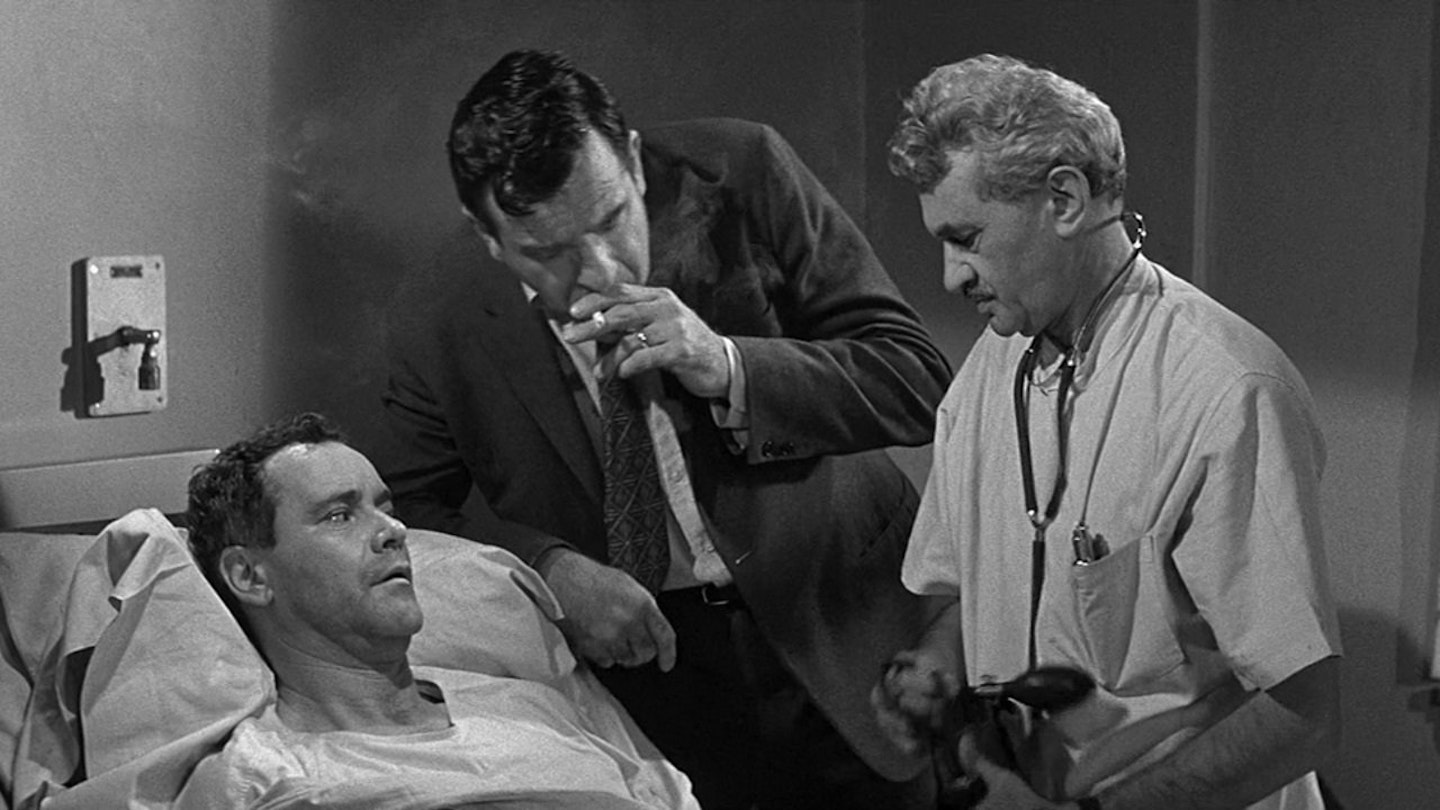Billy Wilder was deeply wounded by the furious critical response to Kiss Me, Stupid. It was denounced by the press for being sordid rather than satirical and was branded obscene by the Catholic Legion of Decency for allowing an adulterer to go unpunished. Indeed, Wilder was so despondent that he reportedly contemplated suicide during a year in Europe spent considering his future.
Yet, he seemed thoroughly unrepentant when he returned Stateside and embarked upon another savage assault on American morality. But, Wilder's decision to sacrifice cynicism for a sugar-coated climax prompted another torrent of invective, this time from critics accusing him of having lost his nerve (perhaps he should have heeded his own fortune cookie advice, `you can’t fool all of the people all of the time').
So, even though it marked Jack Lemmon's first teaming with Walter Matthau, there's little wonder that Wilder didn't have a good word to say about a film he described as `the beginning of my downfall'. It wasn't even an enjoyable shoot, as the production had to be closed down for several weeks after Matthau suffered a heart attack (as Peter Sellers had done on Kiss Me, Stupid). But, although he looked thinner than before, Matthau effortlessly resumed the bileful opportunism that was to earn him a Best Supporting Oscar. It also confirmed him as an excellent foil to Lemmon, who reprised to perfection the hesitant patsyism he'd exhibited in The Apartment.
Yet, perhaps, the most interesting protagonist is Boom Boom Jackson. Some have identified him as the first black character in a Hollywood movie whose colour was not of primary importance. But while his solicitousness and integrity contrast sharply with that of Willie and Harry's gold-digging ex-wife, Sandy (Judi West), the fact that he is abandoned by the Cleveland Browns to turn to the bottle (like the boxer father who once killed a man in the ring), represents the picture's most telling comment on contemporary America.
